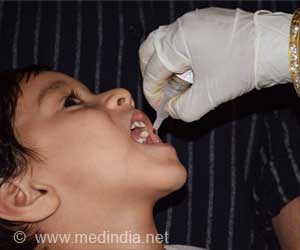
The study authors analyzed three related populations: (1) all USMG from academic years 1999-2000 through 2004-2005; (2) USMG applicants to positions at Accreditation Council for Graduate Medical Education (ACGME)-accredited general surgery residency programs for applicant years 2000 through 2005; and (3) USMG entering positions at ACGME-accredited general surgery training programs between academic years 2000-2001 to 2005-2006.
During the six-year study period, the percentage of women entering training increased not only in general surgery, but also in the surgical specialties of obstetrics and gynecology, ophthalmology, orthopedic, otolaryngology, urology, and plastic surgery. At the end of the study period, general surgery had the second highest percentage of women among USMG entering surgery training (40%), behind obstetrics and gynecology (82%).
"The make-up of residents entering general surgery each year consists of medical graduates from the U.S. and abroad. By examining these populations separately, we were able to provide a more definitive analysis of those applying to, and entering, general surgery training," said Elisabeth C. Davis, MA, Education Research Associate, Division of Education, American College of Surgeons, and the study's lead author. "Further research should examine residency programs on a national scale with respect to factors suggested in previous studies that may be associated with women's decisions to enter surgery. These factors include the percentage of women on the surgical faculty, the presence of on-site childcare and policies regarding gender-based discrimination and maternity leave."
Source-Eurekalert









